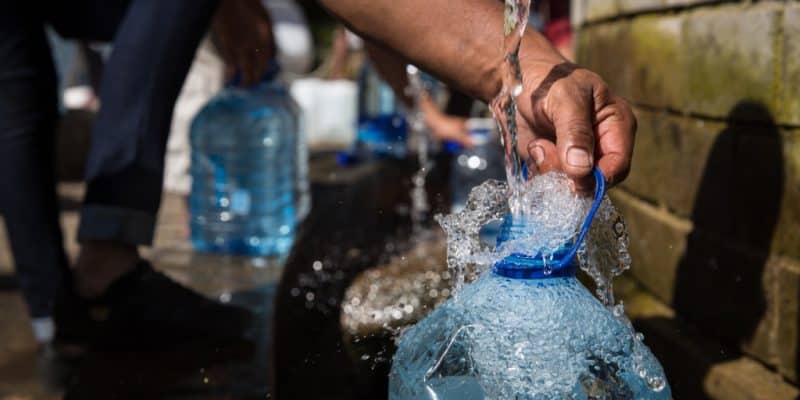South African company H2O Securities, which focuses on financing water supply infrastructure, is launching the first crypto token dedicated to this critical sector. The innovation has already attracted Panamanian investor Global Emerging Markets (GEM Digital), which has unlocked $150m in crypto-currency.
The crypto-currency revolution is already affecting several sectors and now the drinking water sector. The initiative comes from H2O Securities, which is helping to develop drinking water infrastructure in South Africa. The Cape Town-based company is launching $ H2ON. It is the world’s first token dedicated to financing drinking water infrastructure. H2O Securities has launched the token through its new H2O Water Network platform.
This blockchain-based innovation for financing drinking water infrastructure has already attracted a $150 million investment from Global Emerging Markets (GEM Digital), a $3.4 billion alternative investment group that manages a diverse set of investment vehicles focused on emerging markets around the world.
Read also- SOUTH AFRICA: HydroNET, a centre to streamline water management
“Water is the most important commodity on earth, and how we manage it now and in the future is crucial for humanity. We believe that through the H2O Water Network, which combines the strengths of traditional and decentralised finance, as well as connecting real-world water-producing assets with blockchain marketplaces, we can build more water infrastructure faster and more cost-effectively, contributing to a more sustainable future,” says Julius Steyn, founder of H2O Securities.
This e-currency financing solution comes at a time of increasing water shortages in many parts of the African continent. Water stress is particularly acute in the Horn of Africa due to a prolonged drought that is preventing the renewal of groundwater and drying up surface water resources. This situation also affects Northern and Southern Africa. In addition to this climatic phenomenon, the lack of infrastructure partly explains the low rate of access to drinking water in sub-Saharan Africa. According to the United Nations (UN), in 2019, only 24% of Africans had access to a safe source of drinking water.
Jean Marie Takouleu







